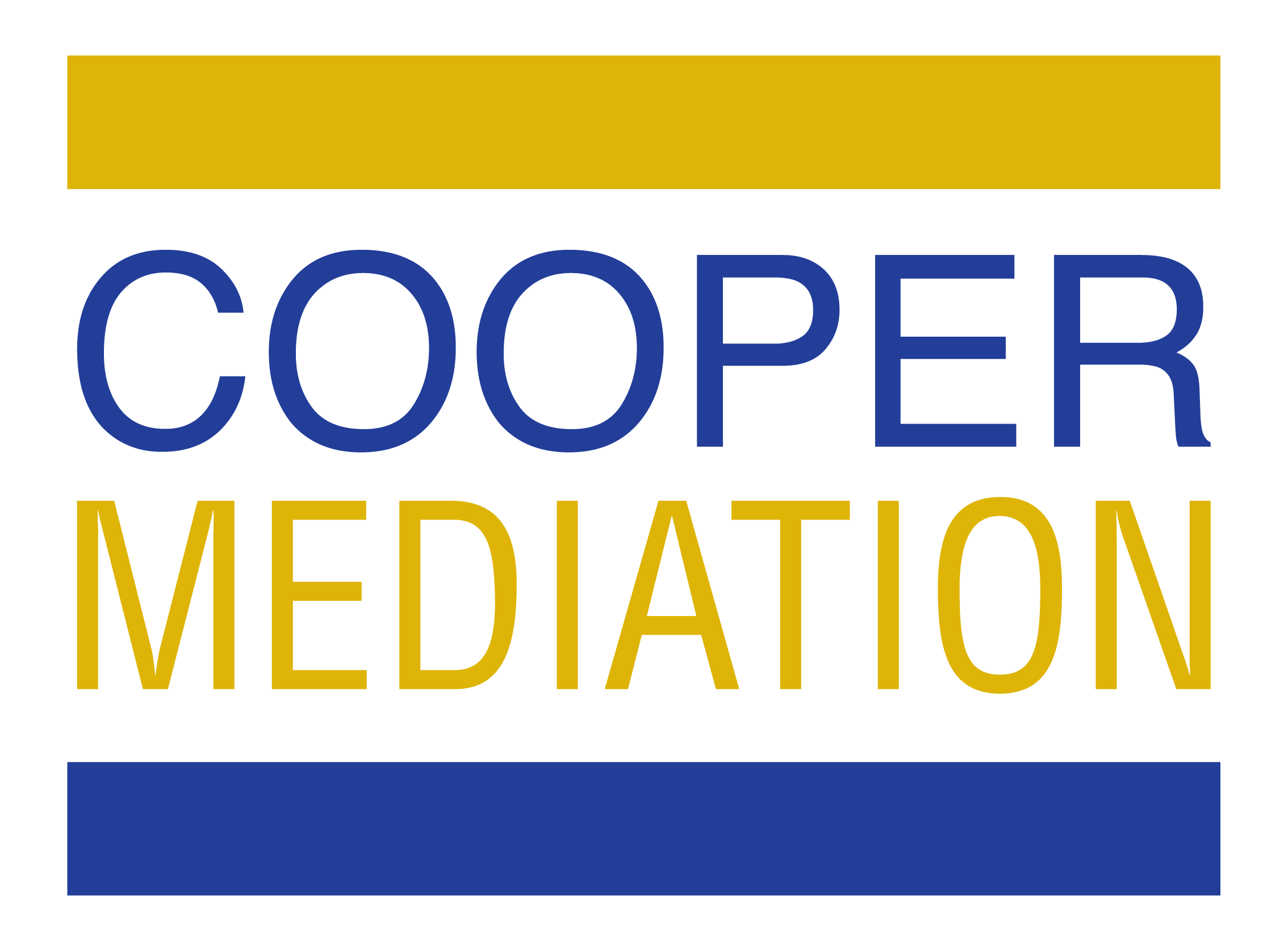
26 Jul Settlement Meetings / Mediations Under the Simplified Procedure
Since January 2020, an increasing number of actions are being commenced under the amended simplified procedure pursuant to Rule 76 of the Rules of Civil Procedure. Rather than reviewing changes to the simplified procedure, this blog post focuses on how and why we believe a confluence of conditions should lead to an early mediation.
These conditions consist of the requirement for mandatory mediation pursuant to Rule 24.1 in Toronto, County of Essex (Windsor and the surrounding area) and Ottawa, the entitlement of plaintiffs making personal injury claims arising from automobile accidents to require mediation pursuant to section 258.6 of the Insurance Act and the mandatory requirement to conduct a meeting or telephone call to discuss settlement and documentary disclosure (separately to be referenced as a “settlement meeting.”)
SETTLEMENT DISCUSSION AND DOCUMENTARY DISCLOSURE
Rule 76.08 of the Rules of Civil Procedure states:
76.08 Within 60 days after the filing of the first statement of defence or notice of intent to defend, the parties shall, in a meeting or telephone call, consider whether,
(a) all documents relevant to any matter in issue have been disclosed; and
(b) settlement of any or all issues is possible. O. Reg. 284/01, s. 25; O. Reg. 438/08, s. 56.
Early Mediation and Settlement Discussions
We suggest that an early mediation could be conducted in conjunction with the settlement meeting. As a starting place, counsel experienced in personal injury matters should not need a settlement meeting to facilitate the exchange and production of relevant documents. With very few exceptions, the case law is clear and the breadth of documentary production is well-established. If issues arise, mediation could help facilitate any contentious issues in this regard and eliminate the need for motions to the court.
Settlement discussions at an early stage of the action should be encouraged. It may be possible to settle the entire action. Alternatively, it may be possible to settle some of the claims or, at minimum, narrow the issues. Settlement discussions at an early settlement meeting/mediation will assist counsel in identifying the aspects of the claim or issues in dispute which are truly driving the disagreement. This will help counsel focus on those aspects of the matter in relation to further documentary disclosure and productions and time-limited examinations for discovery.
The settlement meeting/mediation will provide an opportunity for the insurance claims representative to meet and evaluate the plaintiff. This is frequently cited as one of the principal benefits of mediation.
Mediation Memoranda
Mediation memoranda can and should be brief and consistent with the general tenor of the simplified procedure rule and process. We have been proponents of a much shorter mediation memorandum – longer than an “elevator pitch” but much shorter than the tomes frequently delivered which summarize virtually every document in any way, shape or form relevant to the matter in dispute. We have recommended that these lengthy summaries of hospital and medical records and reports, tax returns and the like be appended to the memorandum as a tab.
Parties’ Proposed Trial Management Plan
The settlement meeting/mediation can also serve as an early planning session with a view toward preparing a trial management plan and conducting the pretrial conference which will eventually take place in the action. Rule 76.10 provides, in part:
76.10 (2) At least 30 days before the pre-trial conference, the parties shall agree to a proposed trial management plan that contains the following:
A list of every witness, including every expert witness, whose evidence a party intends to adduce at trial.
A division of time between the parties, the total of which shall not exceed five days, that sets out the allotted times for each party for,
*opening statement,
*the presentation of evidence in chief by affidavit and under rule 31.11,
*cross-examination of deponents
*re-examination of any deponents who are cross-examined, and
*oral argument.
PRE-TRIAL CONFERENCE
Trial Planning
76.10 (5) The pre-trial conference judge or case management master shall,
(a) fix the number of witnesses, other than expert witnesses, whose evidence each party may adduce at trial;
(b) fix dates for the delivery of any witness affidavits, including any outstanding expert affidavits;
(c) fix a date for trial, subject to the direction of the regional senior judge; and
(d) approve the parties’ proposed trial management plan, with any changes to the order or time of presentation, or any other changes, that the pre-trial conference judge or case management master may specify, subject to the requirement that the duration of the trial not exceed five days.
Narrowing In On “Swing Issues”
Obviously, any time spent at the settlement meeting/mediation devoted to these subjects should be viewed as tentative or provisional or a work in progress. However, it should assist counsel and the parties in narrowing the issues and focusing everyone on the truly contentious aspects of the matter and the “swing issues” in the matter that might require a summary trial. Moreover, with those “swing issues” clearly in view, the parties and their counsel should be better able to evaluate and price their risks. This should provide for fertile ground for settlement discussions.
Finally, a settlement meeting/mediation provides an opportunity for “one stop shopping.” The parties will satisfy their requirement pursuant to Rule 76.08 and will obtain a report of mediator, if the matter is not settled, pursuant to Rule 24.1.15, to allow for the action to be set down for trial and move forward to the pretrial conference.
Picking Your Mediator
As for the mediation, it can and should be tailored to the perceived complexity and value of the action. It can be a full day or half-day (or even something less than 3 hours in the appropriate matter). It can be conducted before a senior mediator, if appropriate, or a roster rate mediator or anyone in between.
CONCLUSION
Given the disruption caused to civil justice by the pandemic, we are in the very early stages of what were and are very significant changes to Rule 76 and the monetary jurisdiction of simplified procedure cases. We believe that an increasing number of claims will be commenced in this fashion. Creativity and proactivity on the part of counsel and their clients has the potential to yield beneficial results for all concerned.
For implications and considerations of the changes to the simplified procedure on mediation, please read our related blog post: Simplified Procedure Under Rule 76 Of The Rules Of Civil Procedure – Implications And Considerations For Mediation.
ABOUT THE AUTHOR
Vance Cooper is the principal of Cooper Mediation Inc. Vance devotes 100% of his professional time to mediating and arbitrating primarily personal injury and insurance cases. He serves as an arbitrator in loss transfer and priority disputes under the Insurance Act. Vance is a Distinguished Fellow of the International Academy of Mediators, a Chartered Mediator of the ADR Institute of Canada and a Certified Mediator by the International Mediation Institute. He was inducted to the Ontario Chapter of the Canadian Academy of Distinguished Neutrals (CADN).
Vance can be reached at vance@coopermediation.ca or (647) 777-4011.
To schedule a mediation with Vance, visit: https://coopermediation.ca/vances-online-calendar/.
